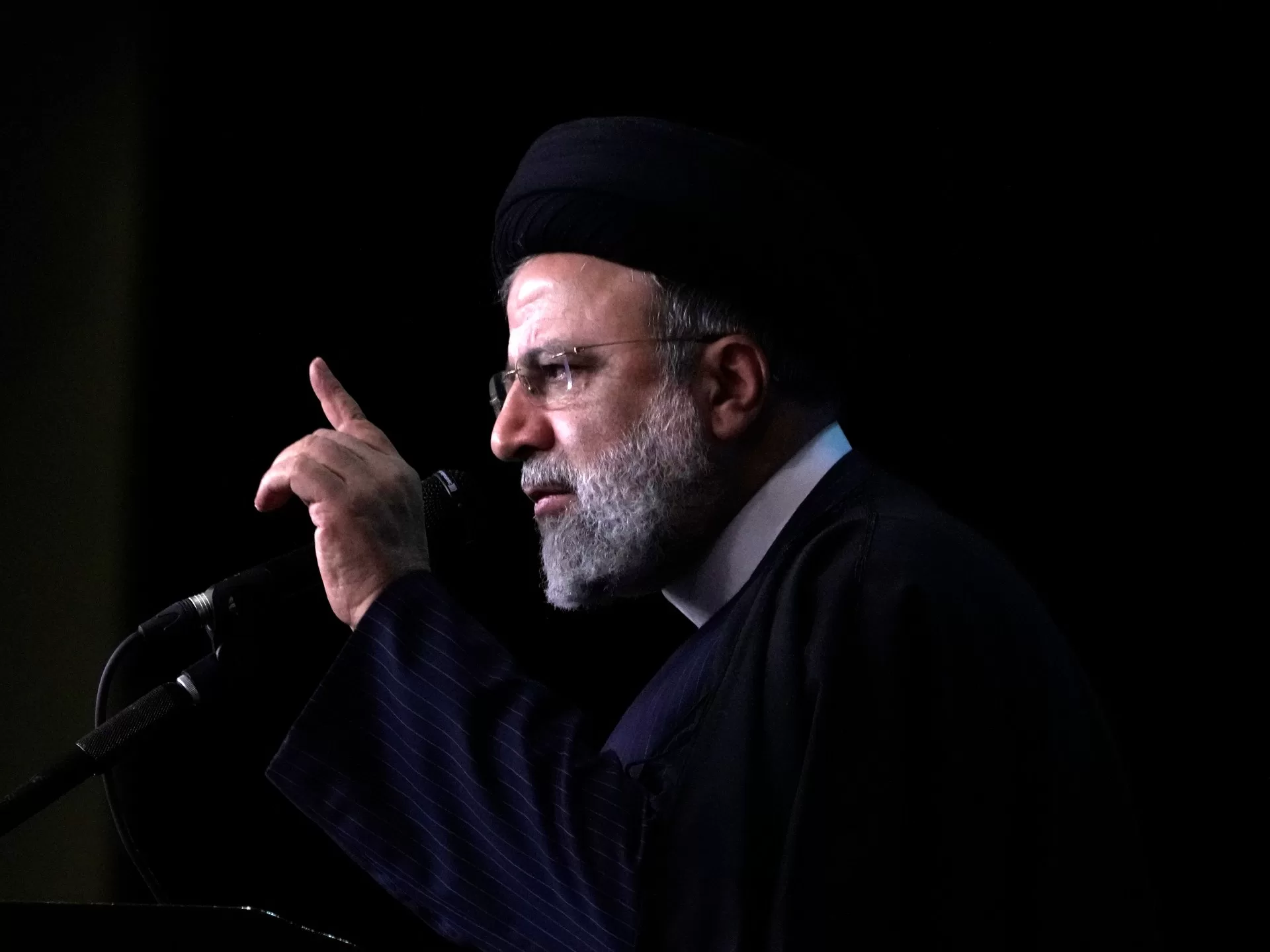Iranian President Ebrahim Raisi has been killed after his helicopter crashed in a remote region of the country.
Raisi’s body was identified early on Monday by rescuers who had begun a search in the mountainous northwest of Iran near the border with Azerbaijan the previous afternoon. A hardline religious conservative, Raisi had long been seen as a potential successor to Supreme Leader Ayatollah Ali Khamenei.
Elected president in 2021, since taking office Raisi had ordered a tightening of morality laws, overseen a crackdown on antigovernment protests, and pushed back hard in talks with world powers regarding international oversight of Tehran’s nuclear programme.
Ali Khamenei, who holds ultimate power, has sought to reassure the country that there will be no disruption to state affairs.
The need to quickly replace the government’s leadership is pressing, with Iran in the midst of heightened tensions in the Middle East.
Israel’s war in Gaza has prompted lower-level conflicts with Iran-backed groups such as Hezbollah in Lebanon and the Houthis in Yemen. Last month, Iran and Israel swapped direct strikes at one another.
Several countries had expressed concern and offered assistance during the search for Raisi.
The White House said US President Joe Biden had been briefed on reports about the crash. China said it was deeply concerned. The European Union offered emergency satellite mapping technology.
Raisi had been at the Azerbaijani border on Sunday to inaugurate the Qiz Qalasi dam, a joint project.
Azerbaijan’s President Ilham Aliyev, who said he had bid a “friendly farewell” to Raisi earlier in the day, had also offered assistance in the rescue.
Born in Mashhad on December 14, 1960, Raisi belonged to a family that traces its lineage to Islam’s Prophet Muhammad, marked by the black turban he would later wear. His father died when he was five.
He would go on to the seminary in the Shiite holy city of Qom and and would later receive the title of ayatollah, which was formerly reserved for high ranking Shia clerics but the usage of which has expanded in recent years .
He is survived by his wife and two daughters.
